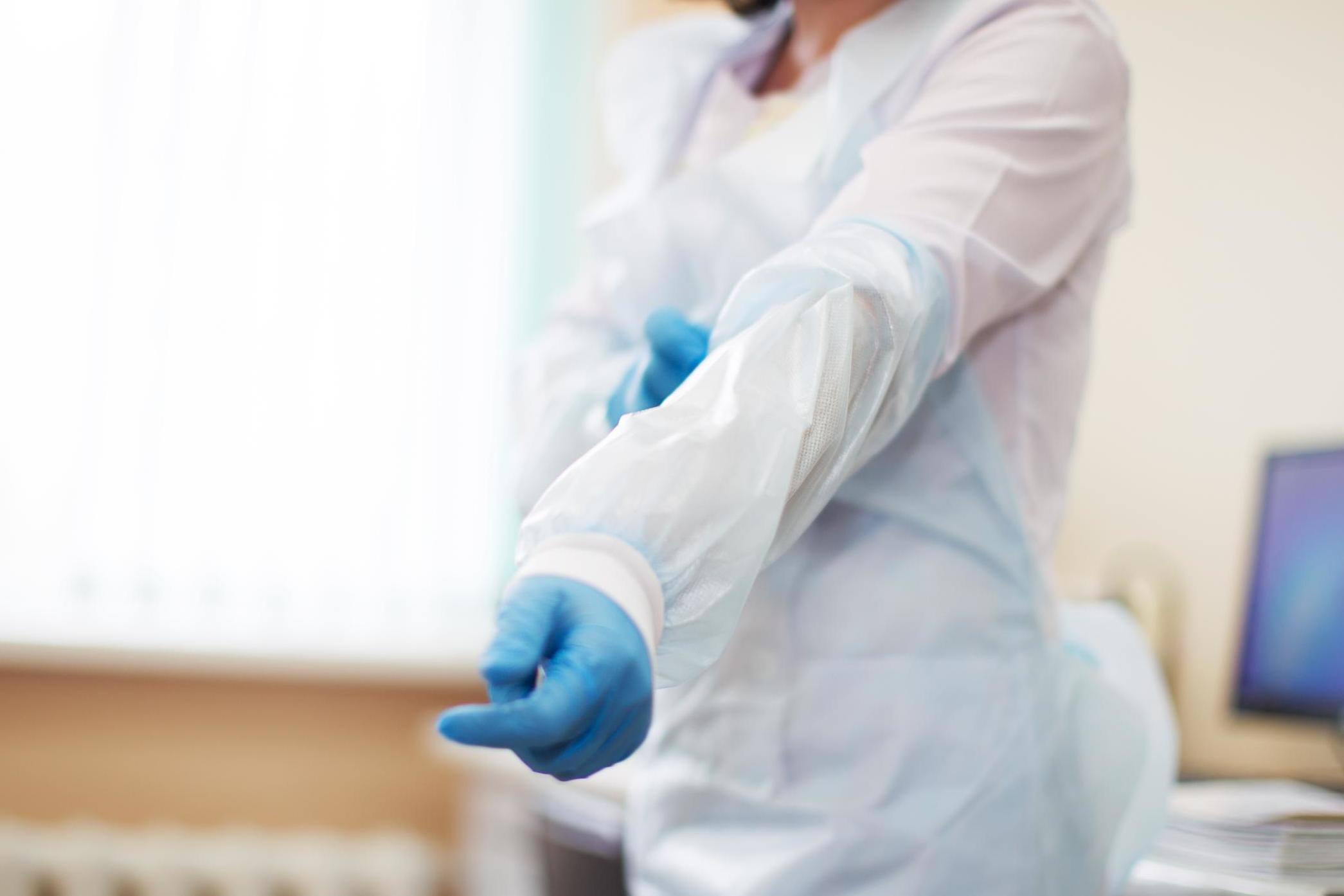Coronavirus: Thousands of health and care staff infected at work, new data shows
Health and Safety Executive could investigate hospitals and care homes over Covid-19 infections among staff

Your support helps us to tell the story
From reproductive rights to climate change to Big Tech, The Independent is on the ground when the story is developing. Whether it's investigating the financials of Elon Musk's pro-Trump PAC or producing our latest documentary, 'The A Word', which shines a light on the American women fighting for reproductive rights, we know how important it is to parse out the facts from the messaging.
At such a critical moment in US history, we need reporters on the ground. Your donation allows us to keep sending journalists to speak to both sides of the story.
The Independent is trusted by Americans across the entire political spectrum. And unlike many other quality news outlets, we choose not to lock Americans out of our reporting and analysis with paywalls. We believe quality journalism should be available to everyone, paid for by those who can afford it.
Your support makes all the difference.At least 6,500 health and care workers may have been infected with coronavirus through their work, including 100 who died, according to data from the Health and Safety Executive.
The regulator told The Independent it was reviewing each case and could launch investigations under the Health and Safety at Work Act if hospitals or care homes are suspected of not taking adequate steps to protect staff from infection.
This could result in a hospital or care home being prosecuted.
The latest data from the HSE shows between 10 April and 10 August there were a total of 3, 382 healthcare workplace infections, including 50 fatal incidents. In residential care there were 3,168 infections reported to the watchdog with 48 fatal cases.
Across the UK, there were 8,666 reported workplace infections and 110 deaths.
The HSE released the data as NHS medical examiners across England have begun reviewing 625 health and care worker deaths from Covid-19 to try and determine which staff may have been infected at work.
The results of the review, first revealed earlier this month by The Independent, is being kept secret but where a medical examiner finds a worker may have died as a result of a workplace infection the death will have to be reported to the HSE for possible investigation. Coroners may also hold inquests into deaths.
It will also make it easier for families to claim compensation from the government’s additional death in service payments of £60,000 which was announced by health secretary Matt Hancock in April.
During the height of the pandemic crisis some hospitals reported running out of protective masks and gowns with some staff buying their own equipment and even resorting to making their own.
The government brought in the army to deliver supplies around the clock as hospitals battled to cope with thousands of Covid-19 patients.
The HSE said it was in talks with the Department of Health and Social Care over the role of medical examiners in reviewing health worker deaths.
Under the law where a worker is diagnosed with Covid-19 and there is “reasonable evidence” it may have been caused by exposure in the workplace employers are required to report the case to HSE under the Reporting of Injuries, Diseases and Dangerous Occurrences Regulations known as RIDDOR.
The HSE said it was likely the true number of workplace infections would be higher because of underreporting. It estimates around half of non-fatal injuries are actually reported by employers and said it was likely disease reporting would be lower.
A spokesperson for the HSE said: “We are in dialogue with DHSC on the role of medical examiners in England and Wales. Health and social care employers are being asked to let DHSC know if a worker has died due to coronavirus. This is distinctly separate to the legal duty already in place where duty holders must report cases to the relevant enforcing authority under RIDDOR.”
They added: “Throughout this pandemic our thoughts have always been with the health and social care workers who saved lives but have tragically succumbed to Covid-19.
“All cases reported to HSE under the Reporting of Injuries, Diseases and Dangerous Occurrences Regulations 2013 (RIDDOR) are initially triaged to ensure they meet reporting criteria before being assessed. Where fatal incidents meet our published Incident Selection Criteria, investigations are initiated and next of kin are contacted as a matter of priority, to ensure they are aware of the investigation process.
“A criminal investigation by HSE will require direct evidence to suggest occupational exposure, which is understandably challenging given the prevalence of the coronavirus there has been in the general population.
“Twenty-seven cases did not meet the updated HSE guidance on the strict requirements of RIDDOR reportability and therefore have not been included in our latest published figures. Enquiries to verify this take time and inevitably stray into the initial enquiries stage of an investigation.”
Join our commenting forum
Join thought-provoking conversations, follow other Independent readers and see their replies
Comments